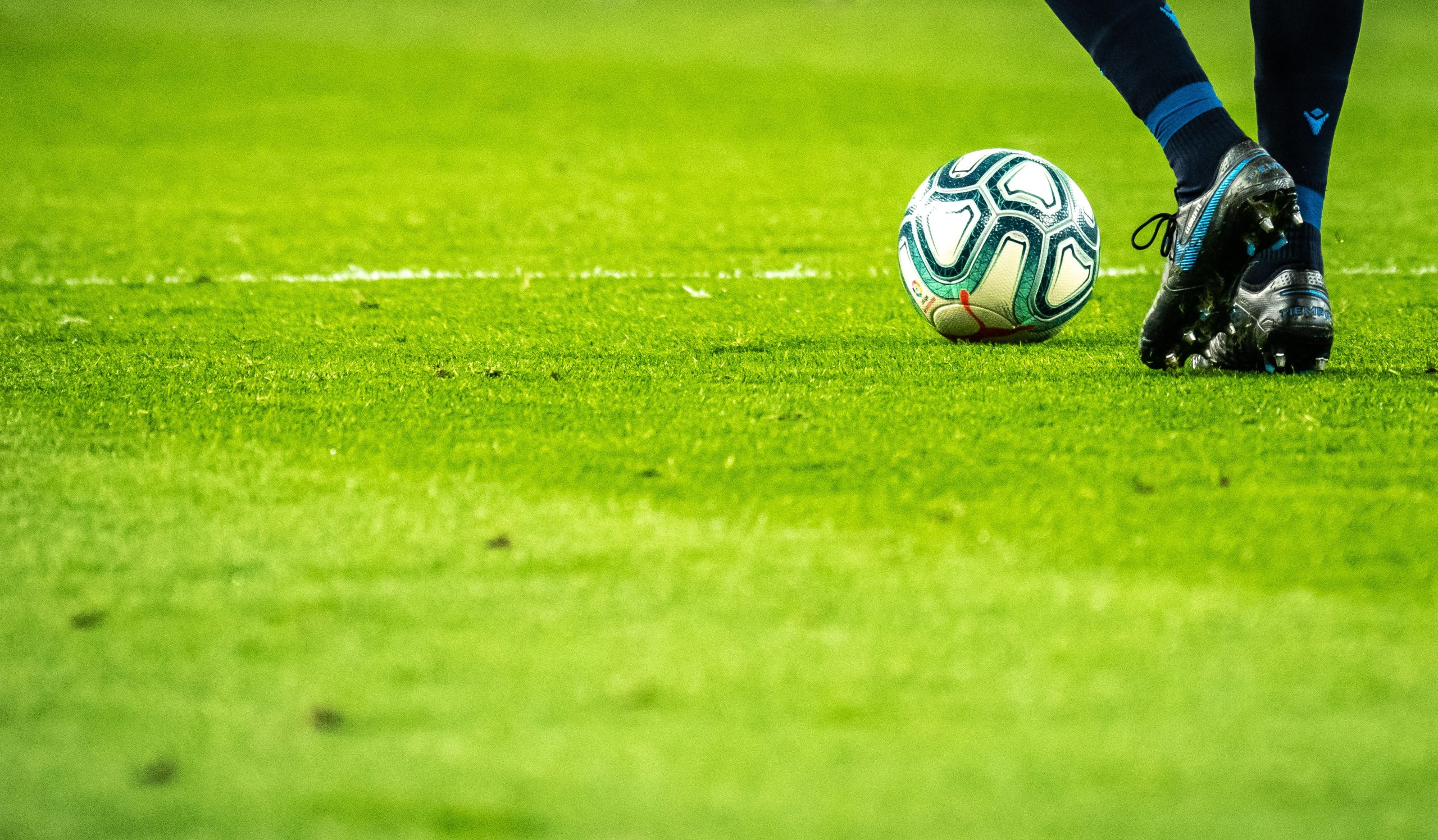As a kid, I was a big fan of soccer. There’s something almost primal about the game, whether it’s just chasing and kicking a ball, the camaraderie and fierce loyalty of your teammates, pushing your body and breaking through it’s limits, or the philosophy and psychology of winning, I don’t know. I’m not sure what position I played early on, but eventually, center midfield became my favorite place on the field. I’ve come to realize that it’s also how I have lived my life.
At center mid, I could help out both the forwards, and the defensemen. So, I was technically a defensive forward. I loved scoring goals, but I was always more interested in assisting and making the plays happen. I needed to see the whole field so I could intuit where the ball might go, or where someone will be when I make the pass. I was never an aggressive player. Violence and slamming into people wasn’t my thing, so I was always moving and finding open spaces. Wayne Gretzky was my primary inspiration in sports, and I found that in general, being gentlemanly and competitive at the same time was possible. This faded toward my late teens, and some of us stayed on and went into men’s league play, but the spirit of the game had been soured for me. I longed for the friendly scrimmage.
I ended up refereeing for several years. That, too, eventually lost its appeal as what I saw on the field was a nasty competitiveness, but with little discipline and even less fun and enjoyment. That may simply been a skewed viewpoint based on the limits of community league soccer. These weren’t professionals.
Back in those prime seasons, I marvelled at how some players, especially talented forwards, could navigate the battlefield. They’d often be shoulder-to-shoulder and in the thick of it, taking kicks to the shins and the odd elbow to the face. Forwards were generally more technically proficient. They were responsible for scoring, after all. I’d make it a point to always be floating nearby, just behind for support, and to know where another potential scorer was heading. I had a pretty strong kick, so was often gifted with the chance to blast one past the keeper from a ways out. I can still recall a couple fairly timely, precise passes that lead to goals, things in the moment that weren’t really planned, but occurred synchronistically and beautifully. Those rare events stick with you, especially when your team has been struggling for an entire tournament to score even a single goal.
There are certainly elements of mathematics, probability and patterns to the game. My analytical mind loved that. The best in the world have this uncanny sense of seeing plays unfold long before everyone else knows what’s happened. I had an inclination toward seeing a little ahead of the play. It made it easier to strip someone of the ball. But I was never an elite player, making a select team only once. That experience was a very fish-out-of-the-water moment. Hanging with the best players of our small city was challenging and fun, but then going to a tournament and getting our asses handed to us was almost surreal.
It’s tough to find that fluidity and familiarity in a new environment, especially when they’re short-term commitments. When you don’t know the styles or moves of your teammates, you’re going to struggle to make great decisions and even half-decent plays. It’s quite humbling.
I miss the game.
